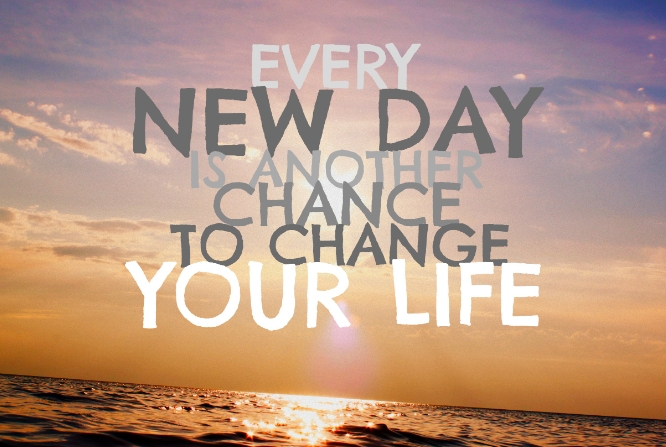In our journey through life, we are confronted with countless choices that shape our experiences, opportunities, and ultimately, our destiny. From the mundane decisions of what to wear or eat to the life-altering choices of career paths and relationships, the number of decisions we make in a lifetime is staggering. This article delves into the intricacies of decision-making, explores the factors influencing our choices, and provides insights on how to navigate the overwhelming array of options we encounter.
- The Magnitude of Decision-Making:
Every day, we make decisions that range from trivial to significant, each contributing to the tapestry of our lives. Research suggests that an average adult makes approximately 35,000 decisions per day, highlighting the sheer volume of choices we face. From the moment we wake up, we decide what to wear, what to eat, and how to prioritize our tasks. Understanding the magnitude of decision-making helps us appreciate the importance of making informed choices. - Factors Influencing Decision-Making:
a) Cognitive Biases: Our decision-making process is often influenced by cognitive biases, which can lead to irrational choices. Understanding these biases, such as confirmation bias or anchoring bias, allows us to mitigate their impact and make more objective decisions.
b) Social and Cultural Influences: Our choices are also shaped by societal and cultural norms, expectations, and peer pressure. Recognizing these influences helps us strike a balance between conformity and individuality.
c) Emotional Factors: Emotions play a significant role in decision-making. Whether it's fear, excitement, or desire, our emotions can cloud our judgment. Developing emotional intelligence enables us to make decisions that align with our long-term goals and values. - Decision Fatigue and Simplification:
The abundance of choices can lead to decision fatigue, a state of mental exhaustion caused by the constant need to make decisions. To combat decision fatigue, we can employ strategies such as simplification, setting priorities, and automating routine decisions. By reducing the number of trivial choices, we can allocate our mental energy to more critical decisions. - The Paradox of Choice:
While having options is generally considered a privilege, the paradox of choice suggests that an excess of choices can lead to decision paralysis and dissatisfaction. Research indicates that too many choices can overwhelm individuals, making it harder to make decisions and reducing overall satisfaction with the chosen option. Understanding this paradox empowers us to make deliberate choices and avoid the pitfalls of excessive options. - Strategies for Effective Decision-Making:
a) Define Your Values and Goals: Clarifying your values and long-term goals provides a framework for decision-making, ensuring choices align with your aspirations.
b) Gather Information: Making informed decisions requires gathering relevant information. Utilize reliable sources, seek advice from experts, and consider the potential consequences of each choice.
c) Evaluate Trade-offs: Decision-making often involves trade-offs. Assess the potential benefits and drawbacks of each option to make choices that optimize your desired outcomes.
d) Trust Your Intuition: Intuition, honed through experience, can guide us when faced with complex decisions. Trusting your gut instinct can lead to more satisfying outcomes.
e) Embrace Imperfection: Recognize that no decision is perfect. Embrace the possibility of making mistakes and learn from them, allowing for personal growth and adaptability.
Conclusion:
In a lifetime, we navigate a labyrinth of choices, each with the potential to shape our future. Understanding the multitude of decisions we make empowers us to approach decision-making with clarity, confidence, and purpose. By recognizing the factors influencing our choices, combating decision fatigue, and employing effective strategies, we can navigate the complexities of decision-making and lead a more fulfilling life. Remember, the choices we make today pave the way for the possibilities of tomorrow.

